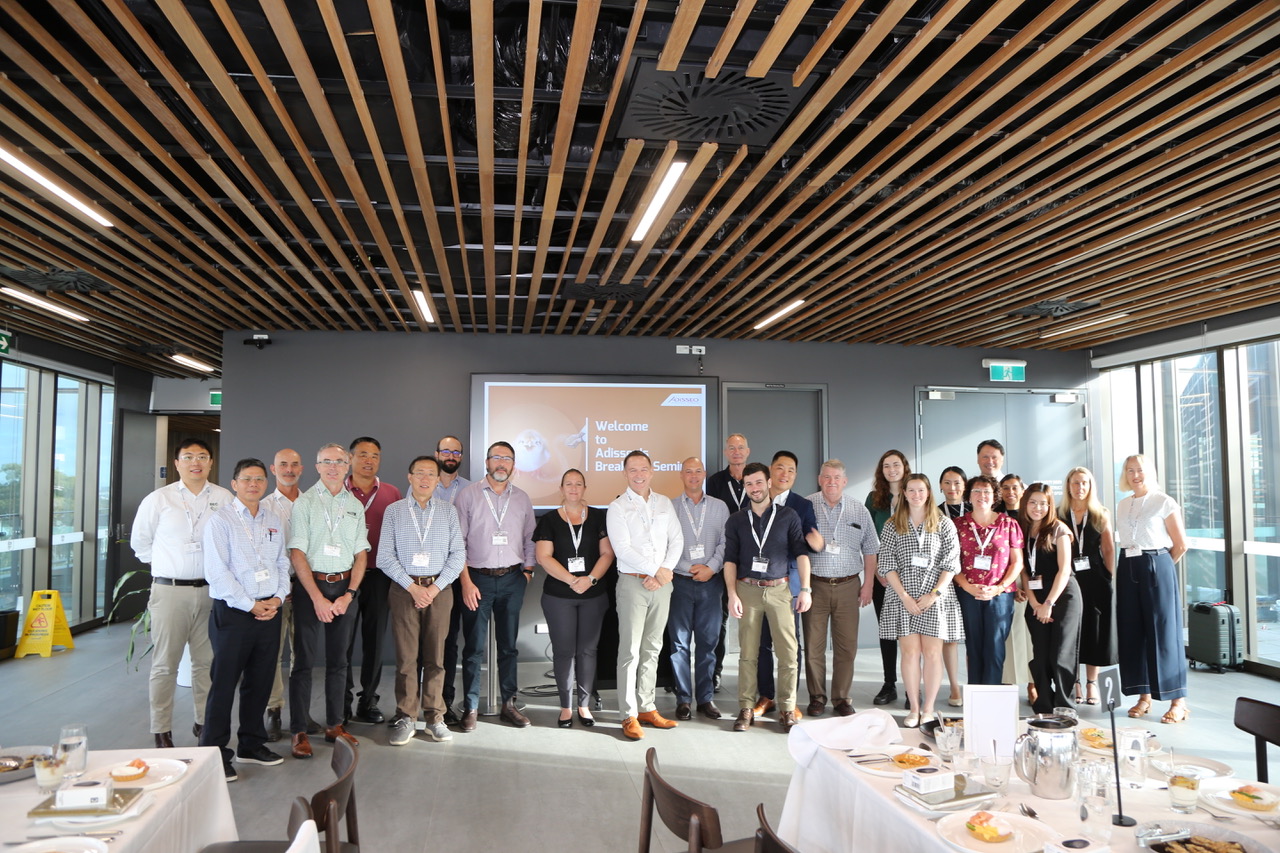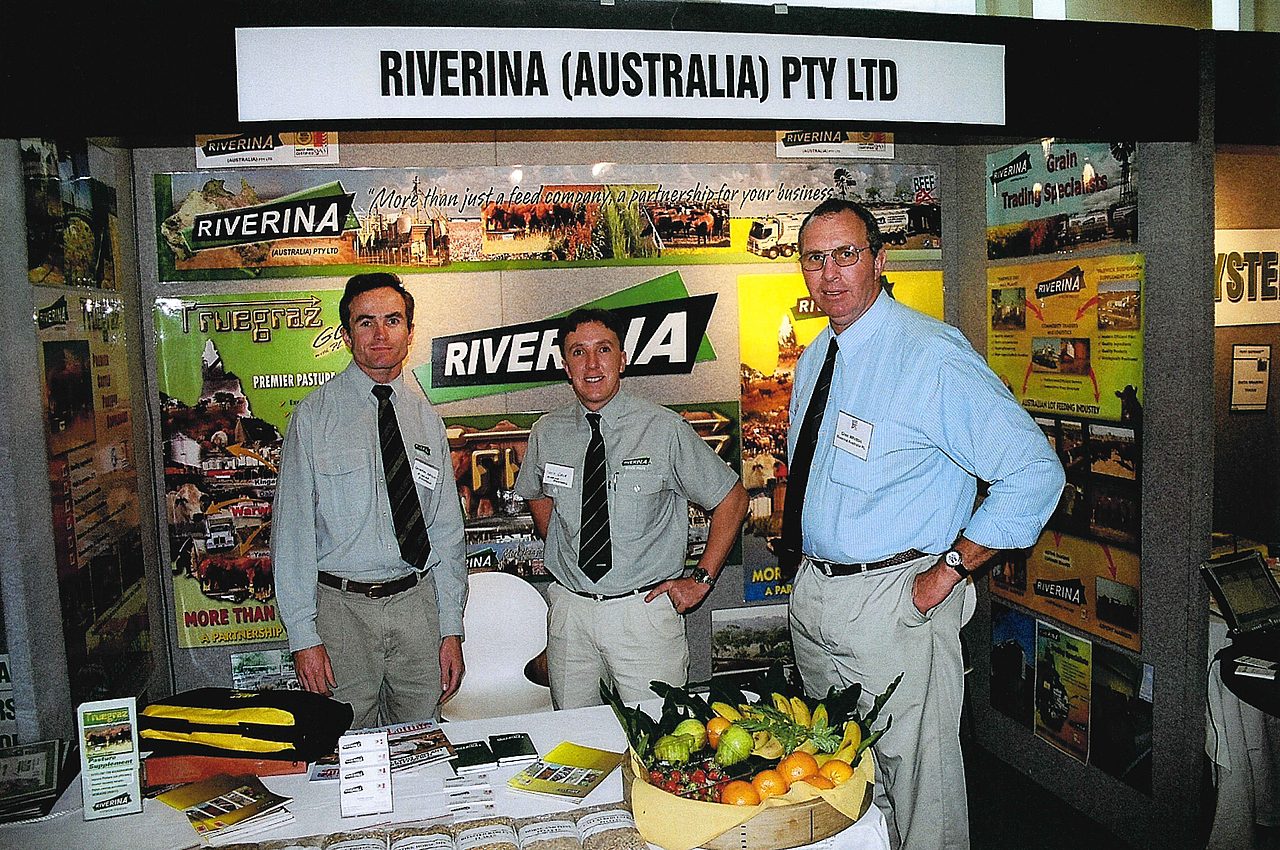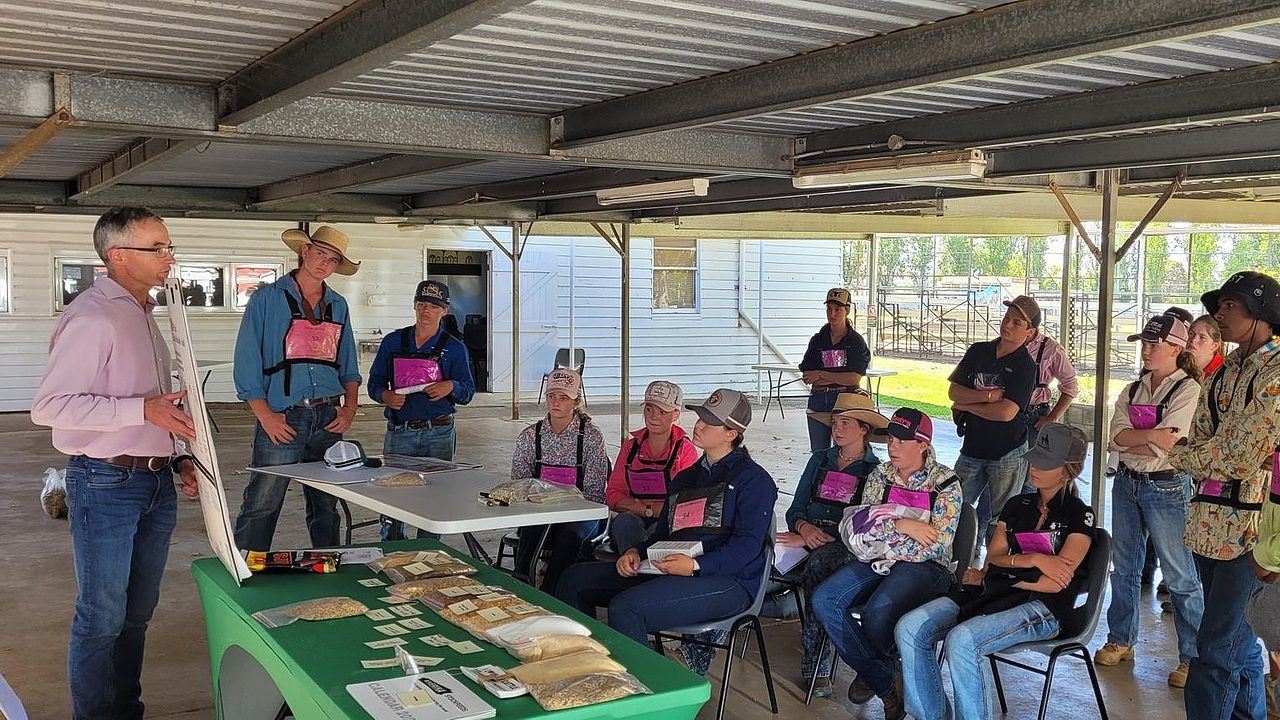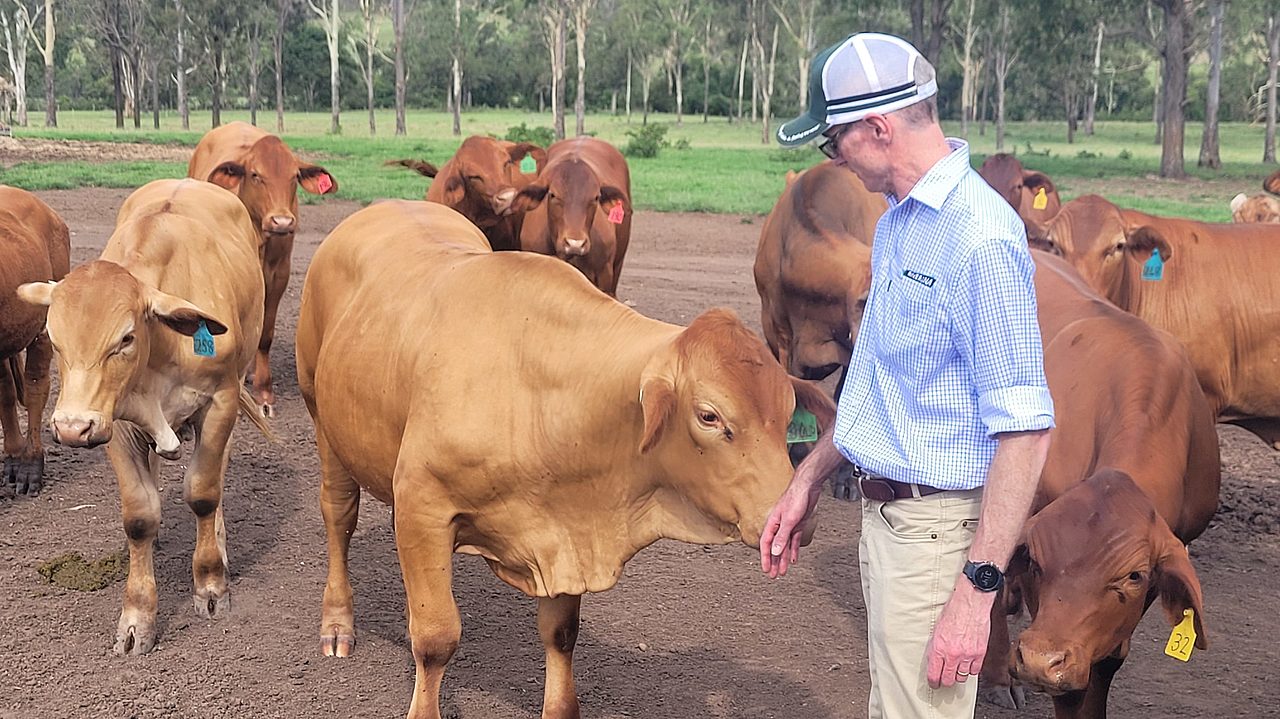This month, we had the pleasure of sitting down with our Senior Nutritionist, Cameron Wright. With over 25 years of experience in the stock feed industry and a deep well of knowledge in animal nutrition, Cameron is a cornerstone of our Nutrition Team.
Come along as we take a closer look at Cameron’s career, insights, and actionable advice about animal nutrition.
What is your background, and how has it shaped your approach to animal nutrition?
Growing up on a farm, I’ve always had an interest in livestock and farm animals. In the early 90s, I enrolled at the University of New England in Armidale, where I completed a Bachelor of Rural Science. The course covered a broad range of topics, encouraging a wide-based consideration of a system regarding farming and animal production. By the end of the course, I focused on animal production, science and nutrition.
The various roles I have had in my career have helped further develop my knowledge in animal nutrition.
What drew you to becoming a nutritionist, and what keeps you passionate about the industry?
My early interest in livestock, reinforced by my university education, naturally led me to animal nutrition. I enjoy contributing to the development of feeds that help farmers achieve their production goals. It’s incredibly rewarding to see the feed I’ve worked on directly impact the growth and performance of animals.









 Beef
Beef
 Dairy
Dairy
 Sheep
Sheep
 Horse
Horse
 Pig
Pig
 Goat
Goat
 Poultry
Poultry
 Bird
Bird
 Dog
Dog
 Special
Special
 Feed Materials
Feed Materials